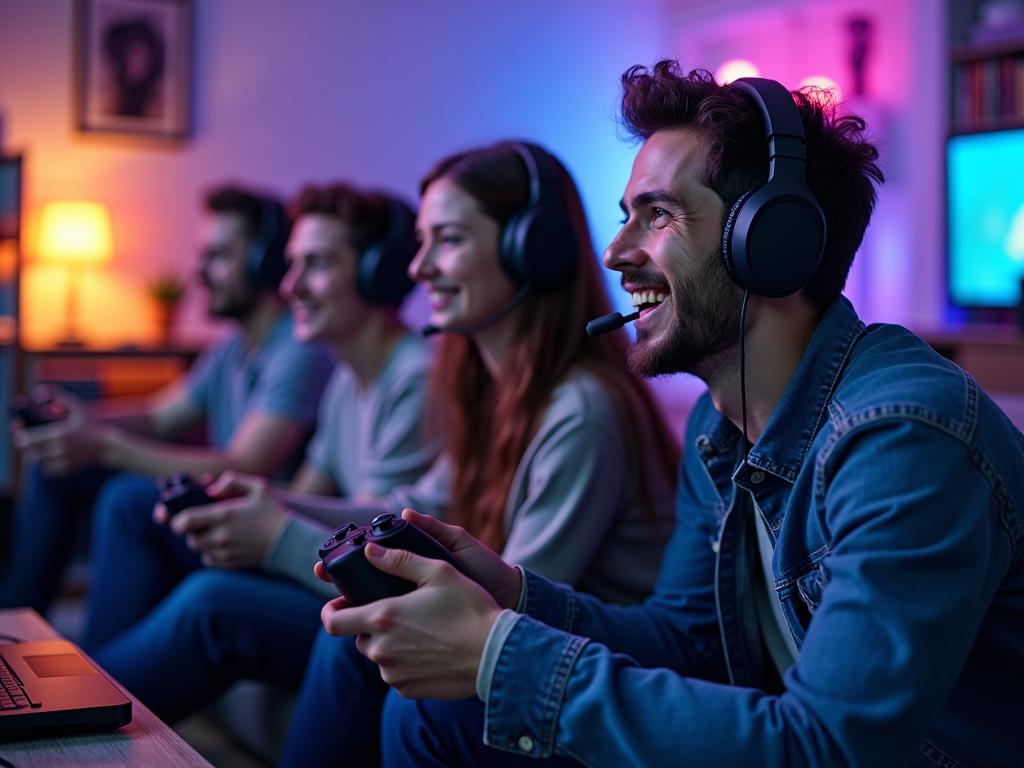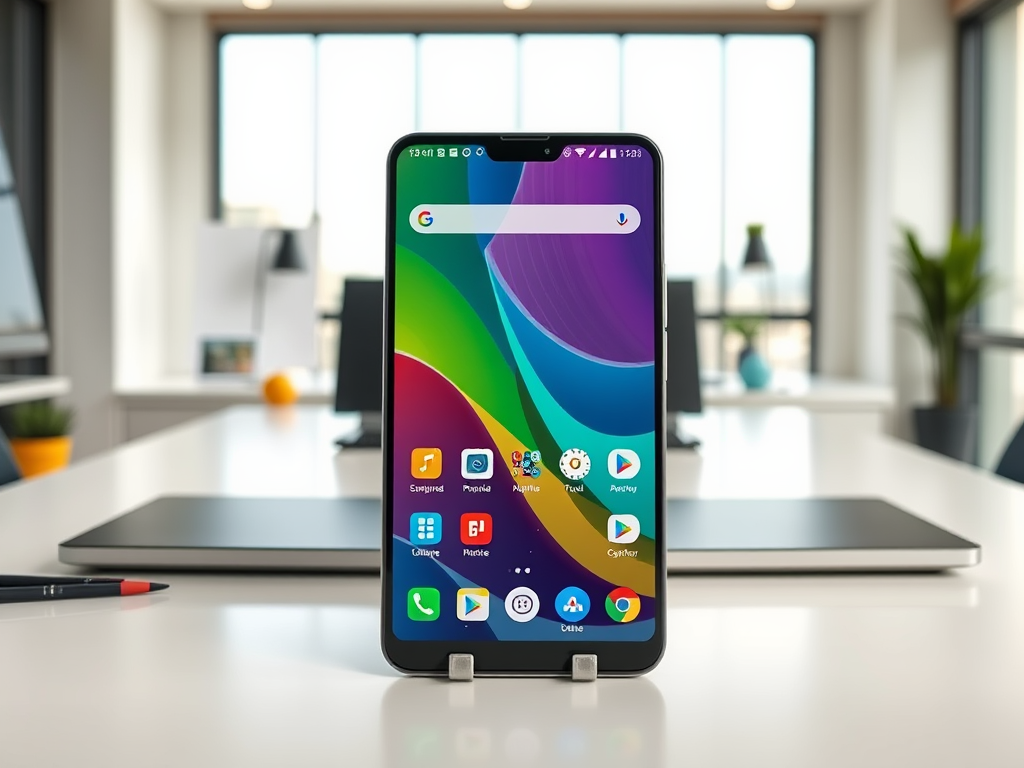Selecting the perfect pair of headphones can feel overwhelming, especially with the multitude of options available today. Whether you’re an audiophile hunting for the purest sound, a frequent traveler craving noise-cancellation, or a fitness enthusiast looking for secure, sweat-resistant earbuds, your choice will greatly depend on your specific needs and lifestyle. The right headphones can transform your audio experience, immersing you in sound quality and comfort that harmoniously fits your routine. Consider how electronics continue to evolve and offer advanced features, changing how we listen to music, podcasts, and even make phone calls. In this guide, we will provide a thorough breakdown of the steps to help you confidently choose headphones that align with your expectations. With careful consideration of your requirements, brand credibility, sound quality, and comfort, we’re here to make your decision process smoother and more informed.
Understanding Your Needs

Before diving into the myriad of headphone options, it’s essential to first identify your primary uses. Are you primarily interested in dynamic sound for music production, or do you desire headphones that can provide peace and quiet while traveling? Different activities demand different types of headphones. For instance, those who often engage in fitness might prioritize sound isolation along with a secure fit, while home listeners often seek premium sound quality for an immersive experience.
- Music Production: Require headphones with high fidelity and flat frequency response to accurately mix sounds.
- Casual Listening: A balanced sound profile with comfort features for day-to-day enjoyment.
- Traveling: Noise-canceling capabilities ideal for air travel or public transport.
- Sports/Exercise: Sweat-resistant models that also ensure they stay in place during rigorous activities.
Types of Headphones Available

Headphones are categorized into various styles, and understanding the differences will help in choosing the best one for you. The choice of headphone type often influences comfort, sound quality, and how you might use them throughout your day. For instance, over-ear headphones provide excellent sound isolation, making them perfect for home listening, while comfortable on-ear options are great for commutes. Additionally, in-ear headphones offer the most portability, making them the go-to for active lifestyles.
| Type | Best For | Pros | Cons |
|---|---|---|---|
| Over-Ear | Home Use | Excellent sound isolation and comfort | Bigger and less portable |
| On-Ear | Daily Commutes | Balanced comfort and portability | Can become uncomfortable over time |
| In-Ear | Workouts/Travel | Highly portable and secure fit | May lack full sound depth |
Additionally, the choice between wired and wireless headphones requires careful thought. Wired headphones often boast superior sound quality without latency or battery drain, making them attractive for dedicated home listening. On the flip side, wireless options provide unparalleled convenience, granting users freedom of movement which can be essential for those on the go.
Sound Quality Considerations
Sound quality is undoubtedly a vital aspect when selecting headphones. It’s not just about volume; consider factors such as frequency response, driver size, and impedance to ensure you achieve the best listening experience possible. For audiophiles or anyone serious about music, a wider frequency response allows for a more detailed and rich sound reproduction. Driver size is another crucial element, as larger drivers typically excel in producing enhanced bass and overall volume.
- Frequency Response: Look for headphones with a range that suits your listening habits.
- Impedance: Ensure compatibility with your audio devices.
- Driver Size: Identify the size that delivers the sound quality you desire.
Comfort and Fit
It’s essential that your headphones fit comfortably, especially for prolonged use. There’s no point in investing in high-quality sound if you can’t enjoy it due to discomfort. Consider models with soft padding and adjustable features to enhance your overall listening experience. Light-weight designs can significantly reduce fatigue, especially if you plan to wear them for hours.
- Cushioning: Soft padding can significantly increase comfort levels.
- Adjustability: Look for models that allow users to adjust fit for optimal comfort.
- Weight: Lightweight headphones help reduce stress on the ears.
Budget and Brand Reliability
Finally, consider your budget when shopping for headphones. Research the most reliable brands, as their track records will often reflect the quality and durability of the product. While the most expensive headphones may offer the best sound, many brands provide quality at various price points. As you evaluate your choices, be sure to keep an eye out for warranties or customer reviews that speak to the longevity and reliability of the headphones you’re considering.
- Budget Headphones: Look for reasonable prices without sacrificing quality.
- Mid-Range Choices: These often balance sound quality and price.
- Premium Models: Expect exceptional sound and features to match cost.
Conclusion
Choosing the right headphones involves a balance of understanding your needs, knowing the available types, evaluating sound quality, ensuring comfort, and considering your budget. With these guidelines, you can find headphones that not only meet your audio preferences but also complement your lifestyle. Remember, the right pair can enhance your listening experience and elevate even the simplest moments of your day.
Frequently Asked Questions
- What headphones are best for noise cancellation? Noise-canceling headphones from brands like Bose, Sony, and Sennheiser are often top choices.
- Are more expensive headphones worth it? They typically offer better sound quality, durability, and features. Ultimately, personal preference should guide the decision.
- How do I ensure a proper fit with headphones? Look for headphones with adjustable headbands and good cushioning; testing different models is advisable.
- Can I use wired headphones with my smartphone? Yes, as long as your phone has a compatible audio jack; otherwise, adapters may be needed.
- What is the difference between open-back and closed-back headphones? Open-back headphones provide a more natural sound but leak audio, while closed-back models offer better sound isolation.



